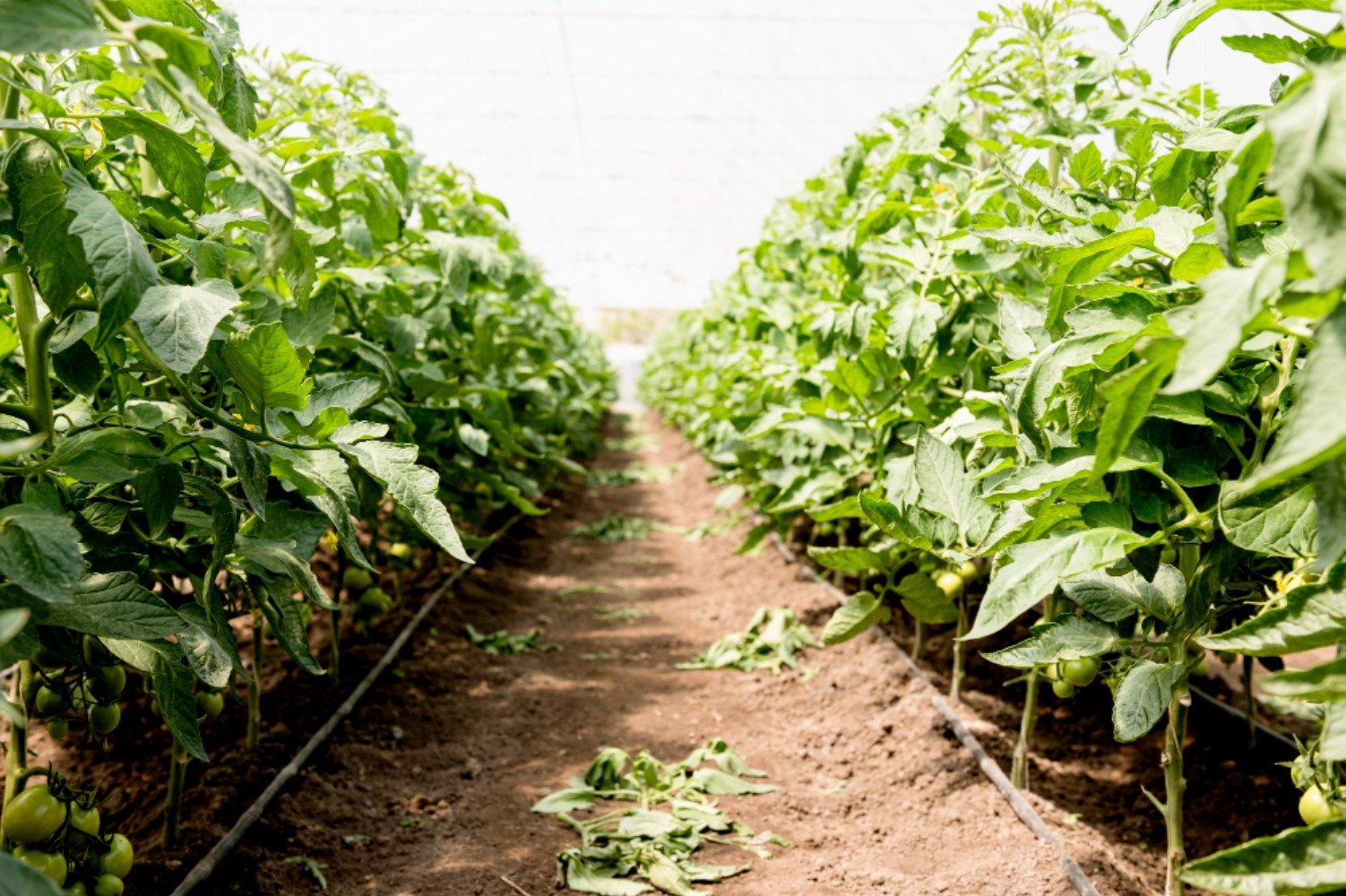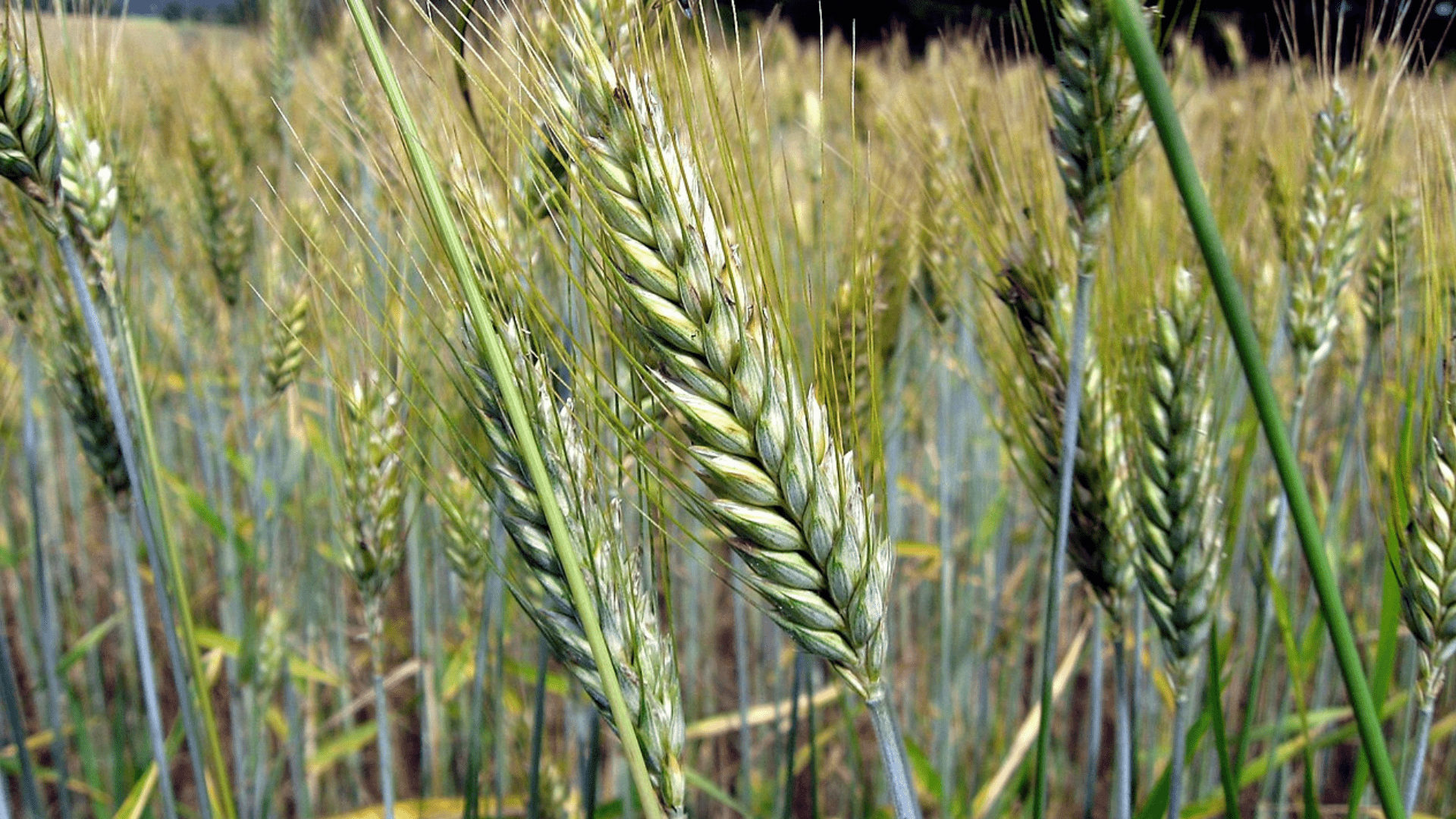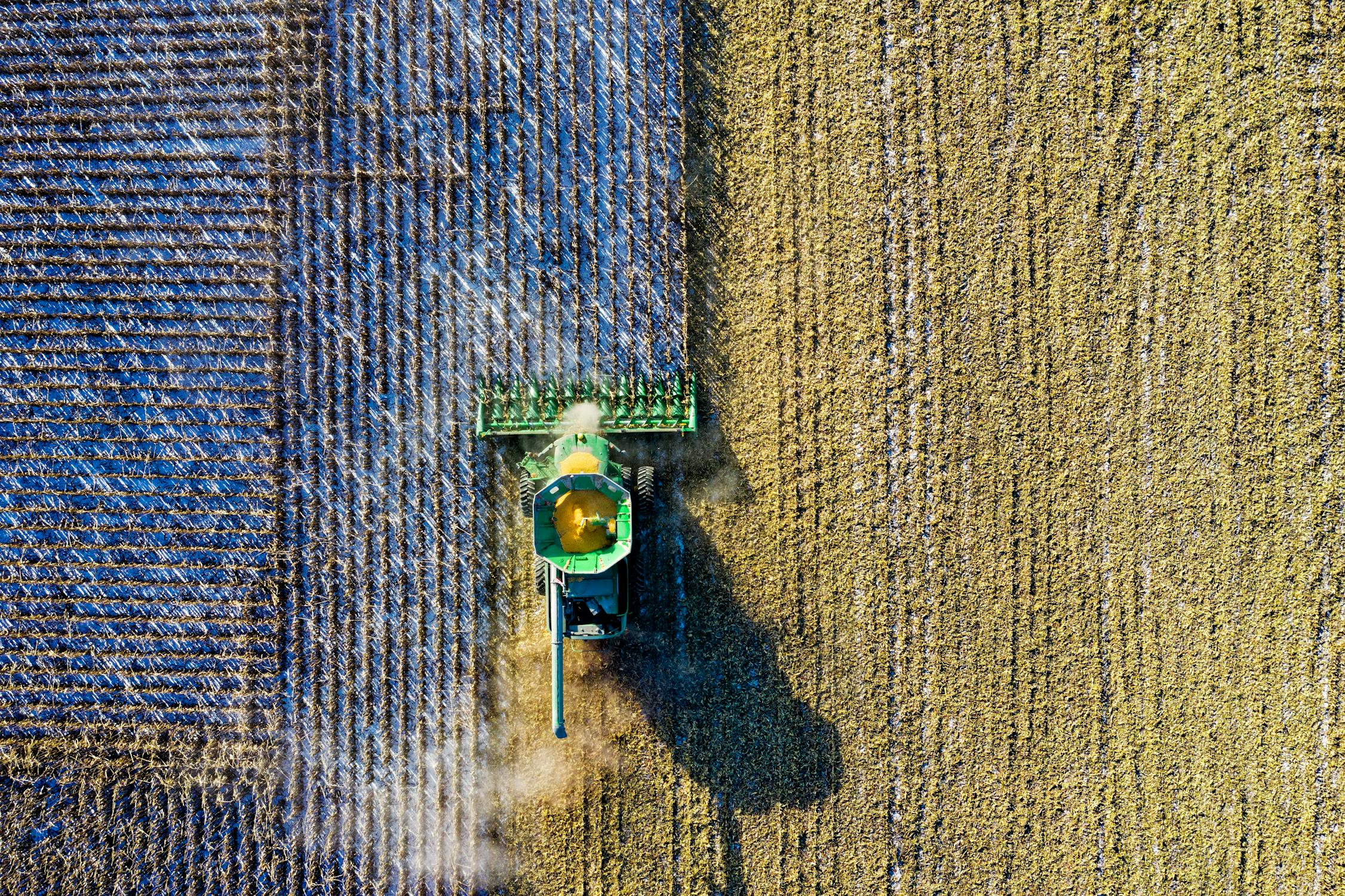New Study Finds Element That May Help Protect Crops Resist Climate Change
Recent research has uncovered zinc’s pivotal role in helping crops, particularly legumes, resist climate change.
This discovery shows the importance of zinc in the nitrogen fixation process, which is crucial for plant growth and resilience.
Understanding Nitrogen Fixation in Legumes
Legume crops, such as soybeans and cowpeas, form a symbiotic relationship with rhizobia bacteria.

Source: Freepik
These bacteria fix atmospheric nitrogen into root nodules, enhancing soil fertility and crop yields.
The Discovery of Zinc as a Key Player
Researchers from Aarhus University, Polytechnic University of Madrid, and the European Synchrotron Radiation Facility have discovered that zinc is essential in the nitrogen fixation process.

Source: Freepik
The finding was published in Nature, emphasizing zinc’s role in integrating environmental factors to regulate nitrogen fixation efficiency.
The Role of FUN Protein in Nitrogen Fixation
The Fixation Under Nitrate (FUN) protein has been identified as a novel zinc sensor.

Source: Brano/Unsplash
This protein decodes zinc signals in nodules and regulates nitrogen fixation, helping plants respond to various environmental stresses.
Zinc's Function as a Secondary Signal
Assistant Professor Jieshun Lin stated, “It’s truly remarkable to discover zinc’s role as a secondary signal in plants. It is a vital micronutrient, and it has never been considered a signal before.”

Source: Freepik
This breakthrough came after screening over 150,000 plants.
The Mechanism Behind FUN Protein Regulation
FUN is a transcription factor that controls nodule breakdown when soil nitrogen levels are high.

Source: Freepik
It is regulated by cellular zinc levels, inactivating into large filament structures when zinc is abundant and becoming active when zinc levels are low.
Implications for Agricultural Practices
Continued nitrogen fixation in legumes could benefit not only the legume itself but also future crops.

Source: Chanita Sykes/Pexels
This process increases nitrogen availability in the soil, reducing the need for synthetic fertilizers.
Advancing Sustainable Farming
By understanding zinc’s role in nitrogen fixation, researchers aim to develop strategies to optimize this process in legume crops.

Source: Tomasz Sienicki/Wikimedia Commons
This could potentially lead to improved crop yields and reduced environmental impact from synthetic fertilizers.
Practical Applications for Farmers
In terms of practical applications, farmers might incorporate zinc management strategies to optimize nitrogen fixation in their legume crops, leading to healthier plants and higher success rates in terms of growth.

Source: Tom Fisk/Pexels
This proactive approach could potentially help create a more sustainable and resilient agricultural system.
Future Research Directions
Researchers are now focused on understanding how zinc signals are generated and decoded by FUN.

Source: Wikimedia
They plan to apply these discoveries to legume crops like fava beans, soybeans, and cowpeas.
A Step Toward Climate-Resilient Agriculture
This discovery marks a significant step toward developing climate-resilient crops.

Source: Freepik
By leveraging zinc’s role in nitrogen fixation, scientists are paving the way for agricultural practices that can withstand environmental stresses, ensuring food security in a changing climate.
Zinc: A Game-Changer in Agriculture
Zinc’s newfound role in nitrogen fixation opens up possibilities for more sustainable and efficient farming practices.

Source: Ron Lach/Pexels
As researchers continue to explore this element’s potential, the future of agriculture looks promising in the face of climate change challenges.
